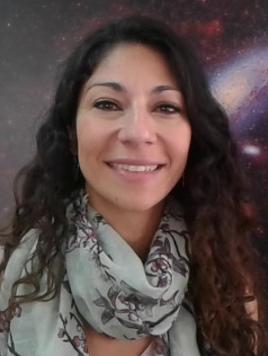Stem Education With Robotic Telescopes: Lessons From A Multi-Approach Project
TalkRemote observing
3rd Shaw-IAU Workshop
Tuesday Oct. 12, 2021
UTC: 5:40 p.m. - 5:50 p.m. America/New_York: 1:40 p.m.- 1:50 p.m.
Thursday Oct. 14, 2021
UTC: 9:40 a.m. - 9:50 a.m. America/New_York: 5:40 a.m.- 5:50 a.m.
Within the field of educational projects with robotic telescopes there is a variety of approaches: activities or research projects with pre-observed data, pre-designed observations of selected objects, guided research projects and authentic astronomical investigations, using either remote-controlled or automatic observations. The Educational Project with Robotic Telescopes (PETeR) of the Instituto de Astrofsica de Canarias offers all these types of models through collaborations with institutions owning robotic telescopes. In this talk I will review the advantages and disadvantages that we have identified of each approach, the type of user that prefers each of them, and the resources, training and support that users of educational projects require to be able to develop them effectively.
About Nayra Rodríguez Eugenio
Nayra Rodríguez Eugenio is an Astronomy Education Programs Coordinator and science popularizer at the Outreach and Press Unit of the Instituto de Astrofísica de Canarias (IAC). Since 2011, she has been the Coordinator of the PETeR project, which allows Spanish students to investigate the Universe using professional robotic telescopes, such as the Liverpool Telescope or Las Cumbres Observatory. As part of PETeR, she organizes and delivers local, national and international teacher trainings on astronomy topics and the use of robotic telescopes in education. She completed her PhD in Astrophysics at the University of La Laguna / IAC, studying the physical and chemical properties of star-forming galaxies at intermediate redshifts.
Watch a recording of this talk (external link)





